Landes coastal conservation
We are very lucky in the Landes to have unspoilt beaches that have been protected from erosion and construction. Now, more than ever before, it is vital that we respect these fragile spaces by leaving no trace of our visit. If we all respect a responsible code of conduct, the Landes will continue to offer extraordinarily beautiful beaches. The ocean is a fragile natural area that is shared by all: please protect it by respecting the environment.
Protecting the fragile natural habitat of the dunes
Landes beaches back on to a ridge of dune which in turn joins on to a forest. The dune has a number of vital functions: to break the swell, to limit the progress of seawater, to protect homes, and to provide a natural habitat for a wide variety of living species. It is also the nesting site for several species of birds.
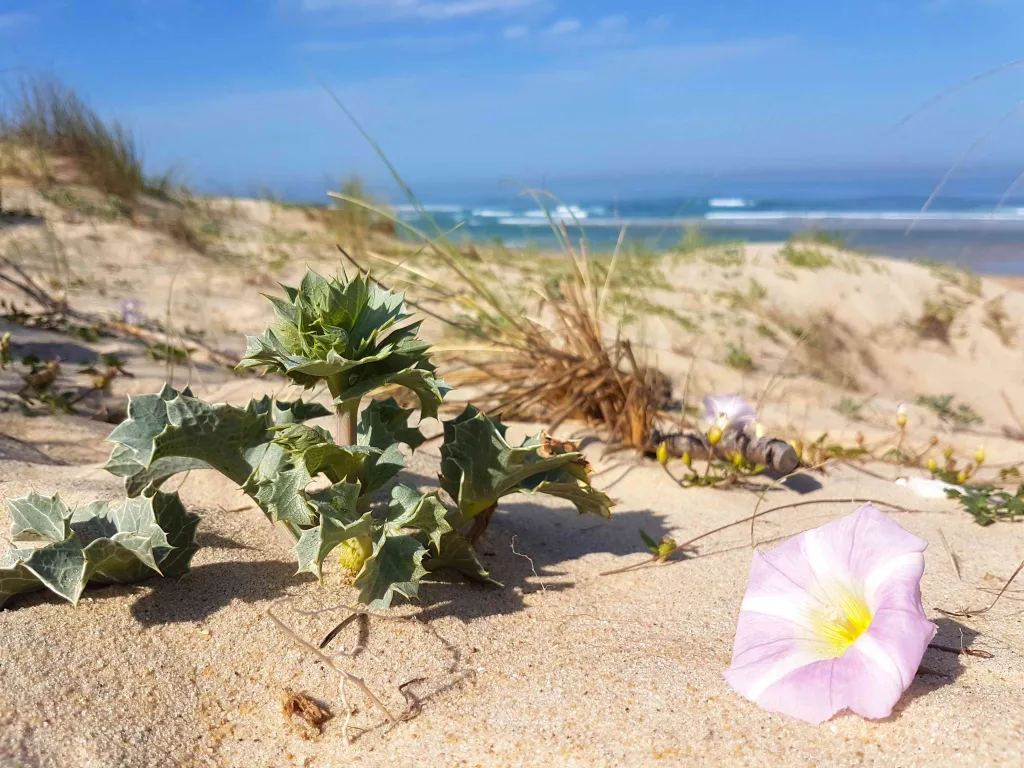
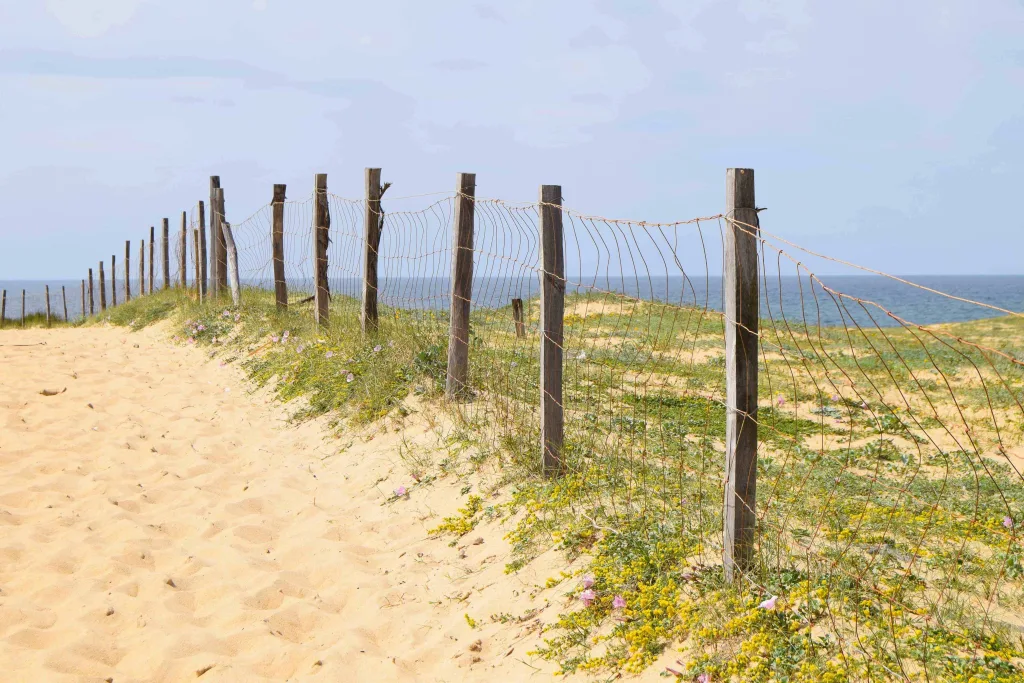
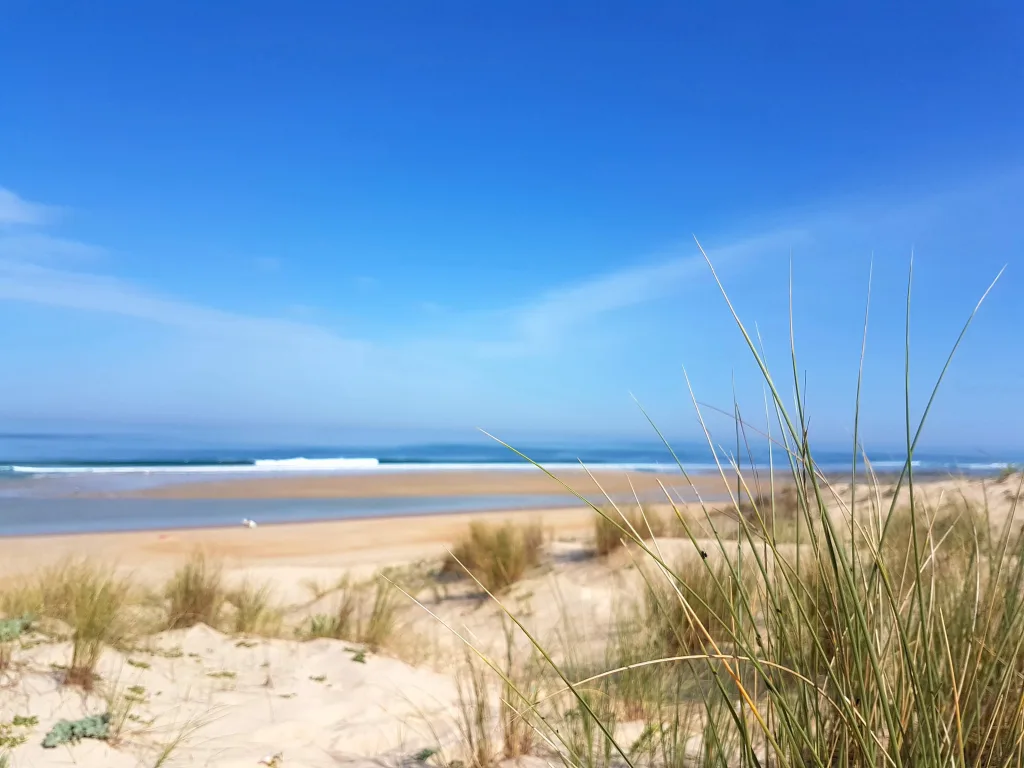
How can we protect the dunes?
When you walk to the beach, you must use the intended access ramps. Walking on the dunes is forbidden and you must also make sure your children do not play on them.
A number of resorts have created walkways for you to discover the dunes from close up. Try Labenne, Capbreton and Seignosse (find out more at the local tourist office).
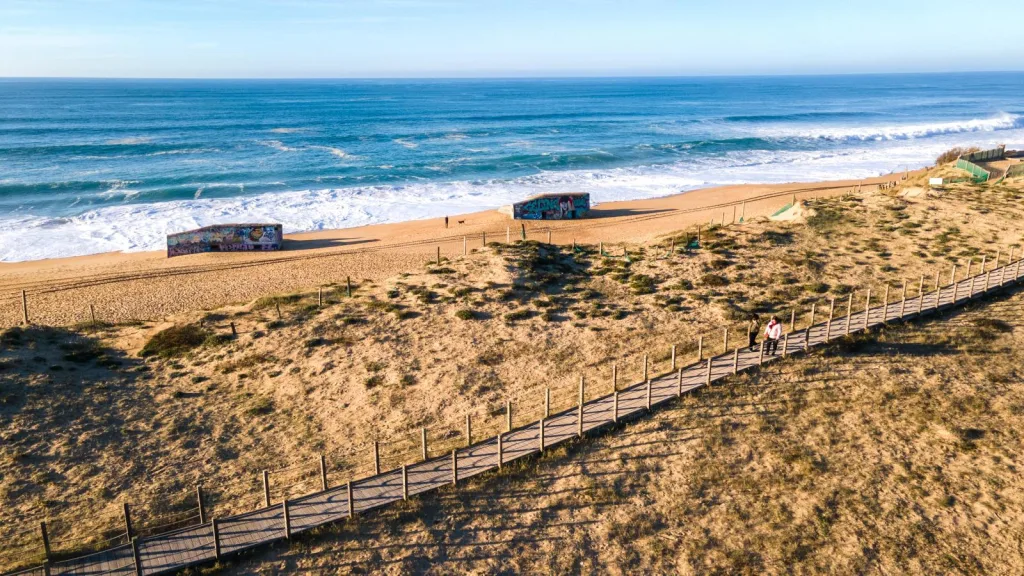
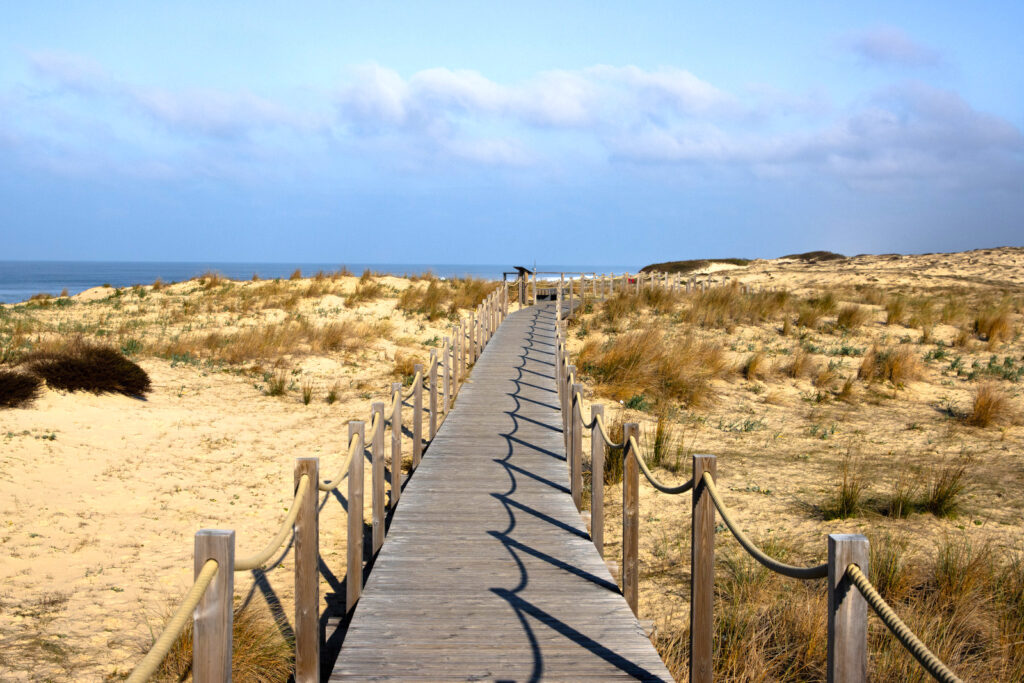
Do not leave your litter or cigarette butts on the beach
To ensure everyone can continue to enjoy the beaches in the Landes, cleanliness is very important. Please remember to:
- Use the litter bins provided
- Take your litter home with you for recycling when there isn’t a bin on the beach
- Pick your cigarette butts up. If you are a smoker, you should know that one cigarette butt can pollute 500 litres of water. Beach ashtrays are provided at lifeguard stations and tourist offices
*Please note: some beaches are non-smoking
Other actions to help reduce waste and keep beaches and the environment clean include:
- Picking up litter when you walk along the beach. You can leave it in the tide collection bins provided on some beaches
- Try to organise a no-litter picnic (reusable water bottles, homemade food, reusable cutlery, etc.)
- Avoid single-use plastic
- Leave no trace of your visit by checking you haven’t forgotten anything on the beach (children’s beach toys, for example)
Learn about the environment through activities and events
“VIS TA PLAGE” (your beach experience)
Throughout the summer, lifeguards invite members of the public to join them at their lifeguard stations to learn about beach supervision, bathing risks, special features of local sites (dunes, forests, lakes, etc.) and environmental protection. Check the “Vis ta plage” schedule.
Tourist offices are also committed to environmental protection, organising free events throughout the summer season. Check them out!
Choose your sun cream carefully
Sunscreen is an invisible, but no less real, form of pollution. After 20 minutes of bathing, 25% of the cream on your skin dilutes in the water. And it often contains chemicals such as octocrylene, oxybenzone, octinoxate, and some parabens. There are now sunscreens available containing natural biodegradable ingredients that respect the ocean and the environment.
Protect your skin from the sun while protecting the environment! ☀️
Take shelter from the sun during a long day at the beach.

Think about the environment when taking a shower
- There is often a shower on the beach in the Landes.
- To save water, please shower as quickly as possible.
- Beach showers are intended for rinsing only; it is strictly forbidden to use soap, shower gel and shampoo.
The dunes, a fragile environment
The dunes are fragile, with the elements and storms eating away at them, placing them in danger. The ocean wears away the bottom of the dune during winter storms. Strong winds blow the sand from plant-less zones to the back of the dune. The dune is thus receding.
Work is conducted regularly to shore the dune up and repair any damage. To solidify the dunes, greenery is planted, and driftwood, washed-up tree trunks and even discarded Christmas trees are placed at various points to retain the sand. Sand is also transferred from east to west. This is why the dunes are protected areas prohibited to the public, with the installation of specific access areas.